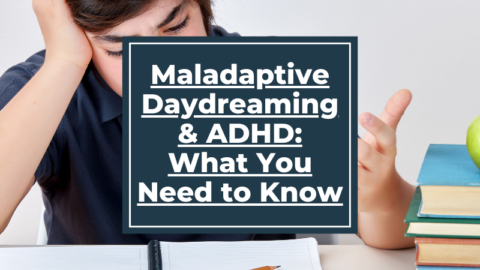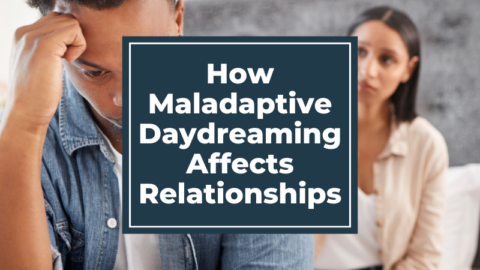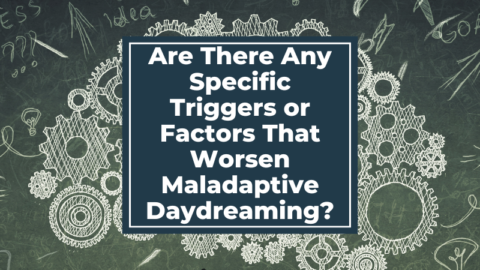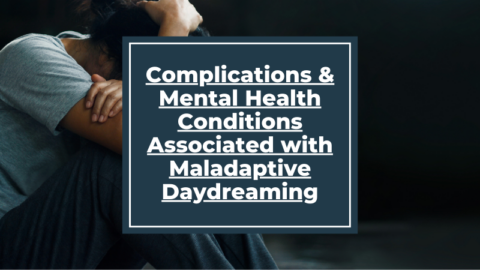When you’re a maladaptive daydreamer, it seems like daydreaming is only talked about negatively. Many of us have been told the same things since we were kids, that we have our heads in the clouds, that we’re wasting time, and to snap out of it and get our lives together. While maladaptive daydreaming is a serious problem that has disrupted and taken over many people’s lives, “structured” daydreaming can be good.
This is why our personal belief at Maladaptive Daydreaming Forum isn’t that you shouldn’t strive to stop your daydreaming completely, but identify your reasons for daydreaming and work to improve your causes and personal triggers to get daydreaming under control, but not eliminate it completely.
Everyone daydreams, and there are many benefits of daydreaming so long as it doesn’t end up getting out of control. So today we’d like to improve our relationship with daydreaming by discussing the benefits.
14 Benefits of Controlled Daydreaming
- It’s great for exercising your brain. Daydreaming is hard work. While daydreaming you’re exercising your brain and allowing for better connectivity between the two main halves of your brain.
- It improves creativity. Woody Allen and JK Rowling credit daydreaming with their best ideas. Sometimes your best ideas happen when your mind wanders.
- It allows you to be more empathetic, open-minded, and understanding. Daydreaming allows you to imagine what it would be like to live from a variety of different perspectives.
- It can strengthen your relationships with friends, families, and lovers. Approach-oriented daydreams involving those with whom you have a significant relationship result in more “happiness, love, and connection” in relation to those people.
- It improves working memory. Working memory is your brain’s ability to store and then recall information in the face of distractions.
- It can improve your work performance and productivity. While this sounds counter-intuitive, when daydreaming is focused on problems at work daydreamers are able to find creative solutions and better procedures for getting work done.
- It lowers stress. If you need to relax or vent after a fight with a spouse or friend, daydreaming can be a great way to work through the stress.
- It can allow you to practice situations in advance. Worried about a test, asking for a promotion, or performing on stage? Daydreaming can be a great way to go over everything ahead of time!
- It can help you sleep better. As long as you keep your daydream light and playful instead of serious and structured.
- Daydreaming could help prevent the development of Alzheimer’s disease.
- Daydreaming can help you identify and visualize your goals and success. While it’s not healthy to become so fixated on your dreams that you forget to actually live them, daydreaming can help you recognize dreams that maybe you aren’t even aware of and help you think of solutions to reach them.
- It can renew your mind. Daydreaming can give your mind a break from hard thinking and focus on things you enjoy. When you return to your task, you may feel refreshed and renewed.
- It can help you prepare for worst-case scenarios. Ever wondered what you would do if you got mugged, or if your house caught on fire? Daydreaming can allow you to walk through these scenarios and help you feel more prepared in a crisis.
- It can help keep distant loved ones feeling close. When your loved friends and family are faraway, daydreaming about being with them or including them in your life can help you maintain relationships and continue feeling close to them, which can help your relationships last even when you’re apart.
So, What Causes Daydreaming To Get Out Of Hand?
Since maladaptive daydreaming is still a newly recognized phenomenon and not officially recognized by the psychiatric community, most researchers and sufferers can only guess what causes daydreaming to turn maladaptive. Some have suggested that it triggers a dopamine response, some believe those prone to associated conditions (ADHD, Depression, Anxiety, OCD) are more likely to lose control over daydreaming. Some feel that those who gravitate to fantasy-based are more likely to have it get out of hand than those who keep daydreaming about more realistic scenarios.
Hopefully, this article has helped you see that daydreaming can be a good thing too. When you are in control of your daydreaming, it can actually improve your happiness and help you achieve your goals and dreams. That’s why it’s important to take whatever steps you need to in order to identify what has caused your daydreaming to get out of control, whether it’s seeing a professional or taking personal steps so that you can work to manage your daydreaming.
Many times going “cold turkey” to try and stop your maladaptive daydreaming fails and leads to an even worse state. Truly gaining control is a process and can take months or years.









